Feminist stereotypes often misrepresent the diversity and intentions of the feminist movement, potentially undermining the critical work of addressing inequalities. Here are twenty stereotypes about feminists and feminism that distort public understanding and impede progress. Why is it essential to critically evaluate and challenge these stereotypes?
1. Feminists Hate Men

This common misconception portrays feminists as anti-men, which is inaccurate. Feminism aims for gender equality, not the superiority of one gender over another.
2. Feminists Are Always Angry

While anger can be a justifiable response to inequality, depicting feminists as perpetually angry diminishes the validity of their reasoned critiques and peaceful advocacy.
3. Feminists Don’t Enjoy Traditional Gender Roles

Enjoying traditional activities like cooking or nurturing doesn’t conflict with feminist ideals. Feminism advocates for the choice to assume or reject these roles without judgment.
4. All Feminists Are Women
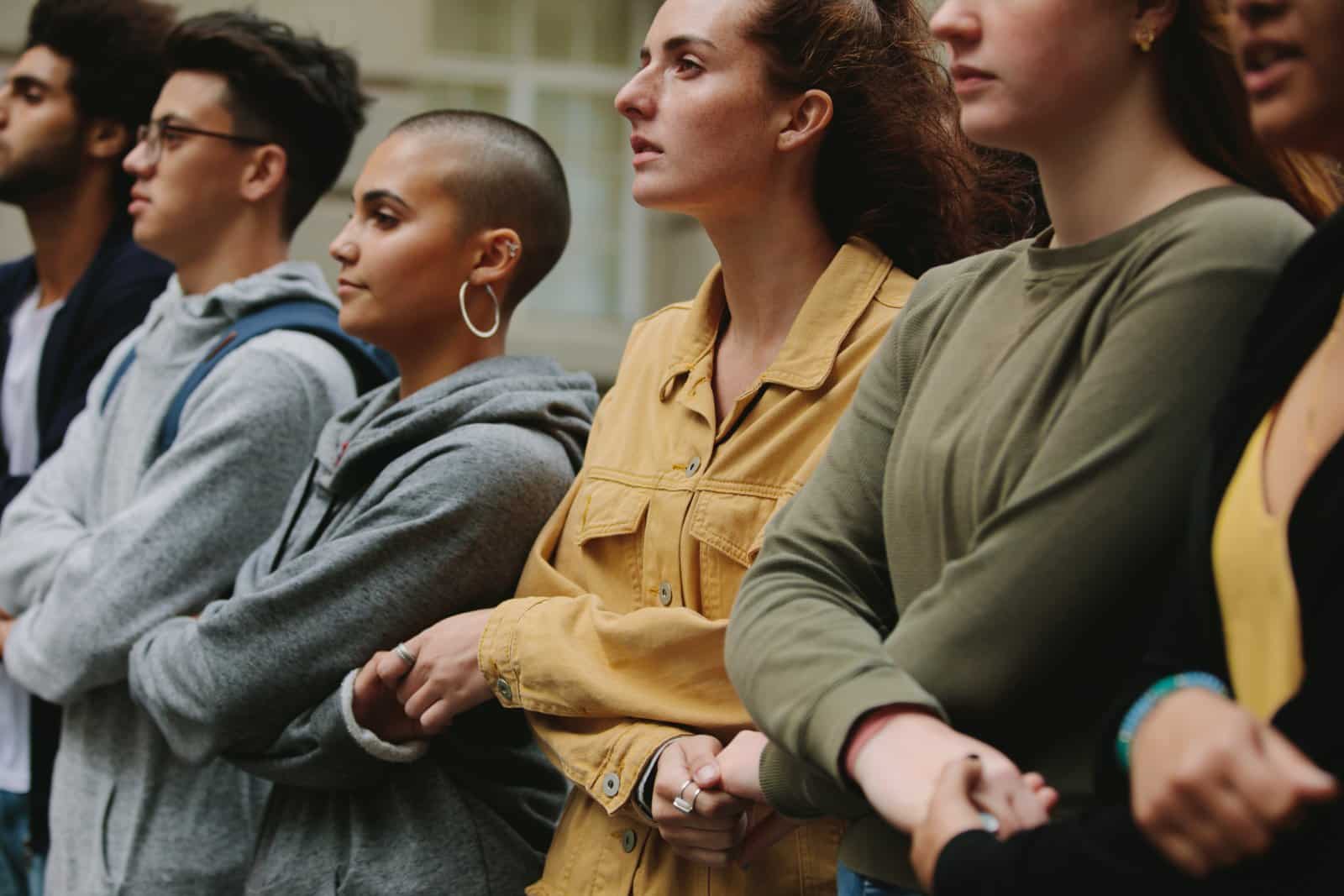
Feminism is a movement for everyone, not just women. Men and people of all gender identities can be and are feminists.
5. Feminists Are Anti-Family

This stereotype falsely suggests that feminists oppose the concept of family. In truth, many feminists strive to strengthen families by advocating for policies that support all family members.
6. Feminists Reject Femininity

Feminism supports individuals’ choices about how to express their gender, including embracing femininity, masculinity, or any combination thereof.
7. Feminists Are All Pro-Choice
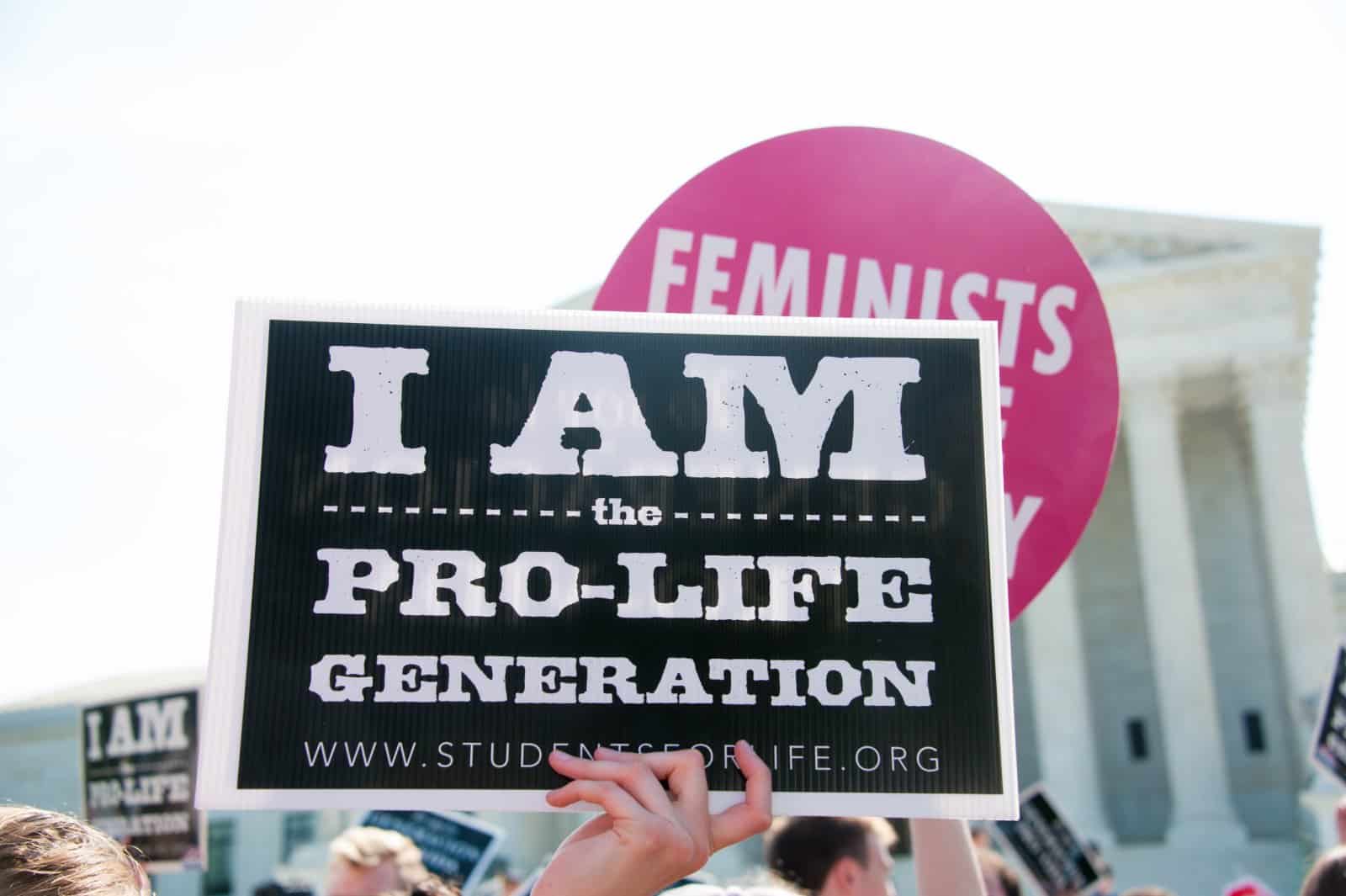
While reproductive rights are a significant issue within feminism, there are feminists with a range of beliefs about abortion, reflecting broader societal differences.
8. Feminists Don’t Shave

Personal grooming choices are just that—personal. Associating feminist identity with such choices is trivial and overlooks the deeper goals of the movement.
9. Feminists Are All Lesbians

This stereotype inaccurately links sexual orientation with political belief. Feminists can be of any sexual orientation.
10. Feminists Are Always Women from the Middle or Upper Classes

Feminism spans all socio-economic backgrounds, and many feminist movements focus particularly on the intersection of gender and class.
11. Feminism Is Only for White Women
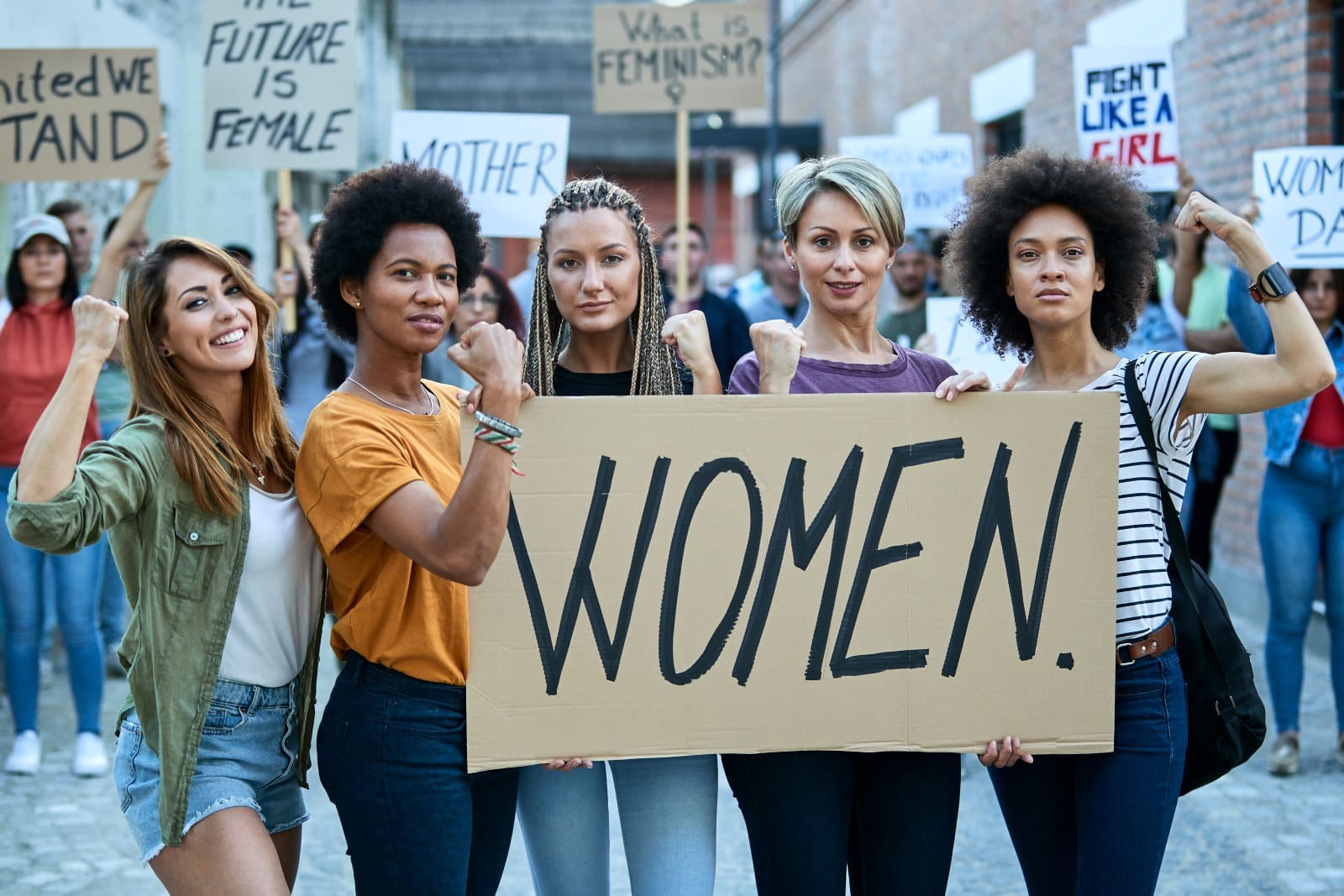
Though historical criticisms highlight the movement’s struggles with inclusivity, contemporary feminism increasingly focuses on intersectionality and the experiences of women of color.
12. Feminists Want to Be Men

Feminism advocates for equality and the dismantling of harmful gender roles; it does not imply a desire to adopt another gender identity.
13. Feminists Are Career-Focused and Despise Housewives

Modern feminism advocates for women’s rights to choose their paths, including full-time careers, homemaking, or a combination of roles.
14. Feminists Are Always Radical

Feminism includes a broad range of perspectives, from radical to liberal, each contributing differently to the dialogue on gender equality.
15. Feminism Is Outdated
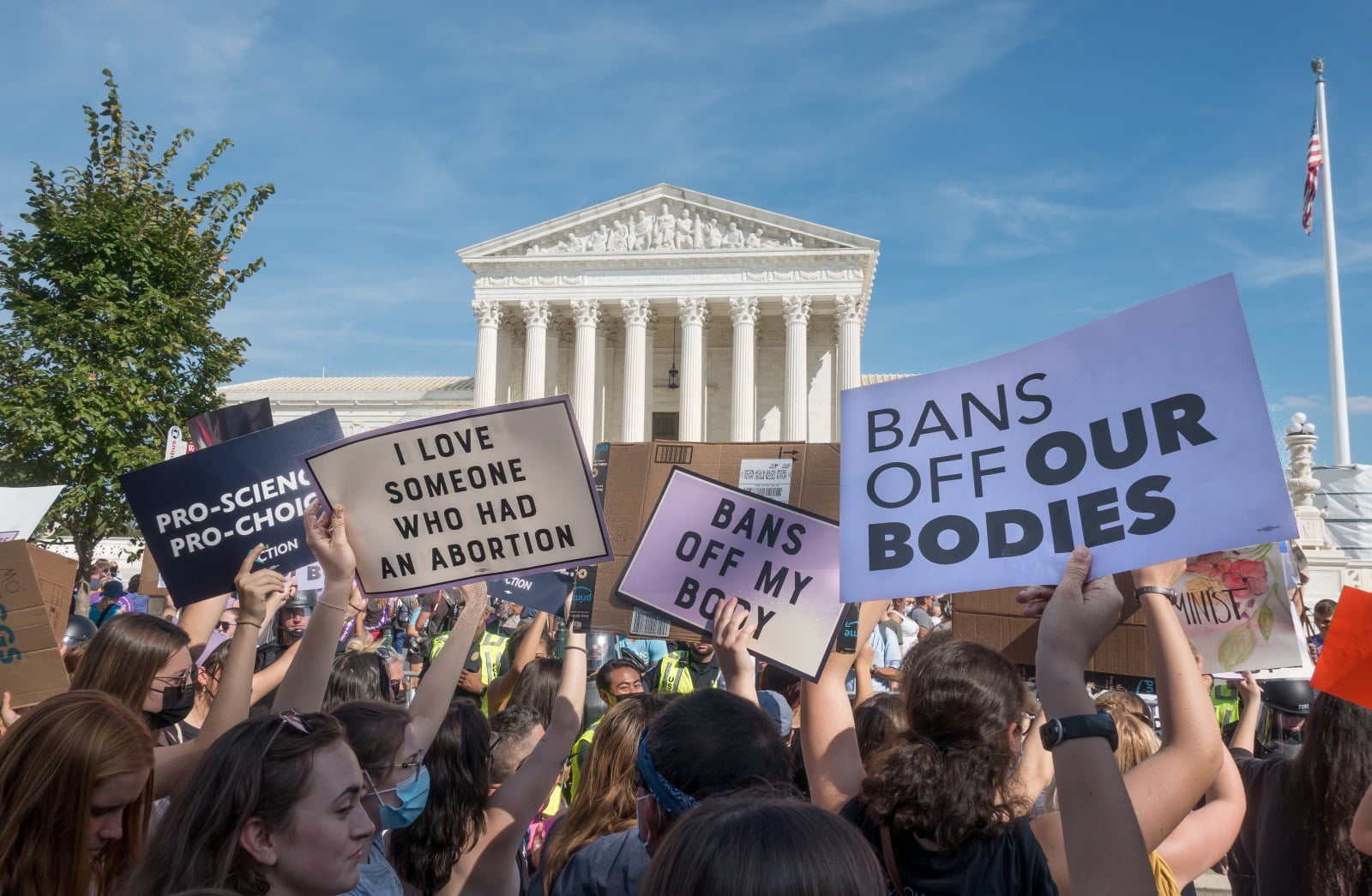
Despite significant progress, ongoing issues like wage disparity, sexual harassment, and reproductive rights keep feminism relevant.
16. Feminists Hate Femininity

This misunderstanding conflates criticism of societal pressures to conform to feminine ideals with a rejection of femininity itself. Feminists challenge enforced norms, not personal choices.
17. Feminists Are TERFs (Trans-Exclusionary Radical Feminists)
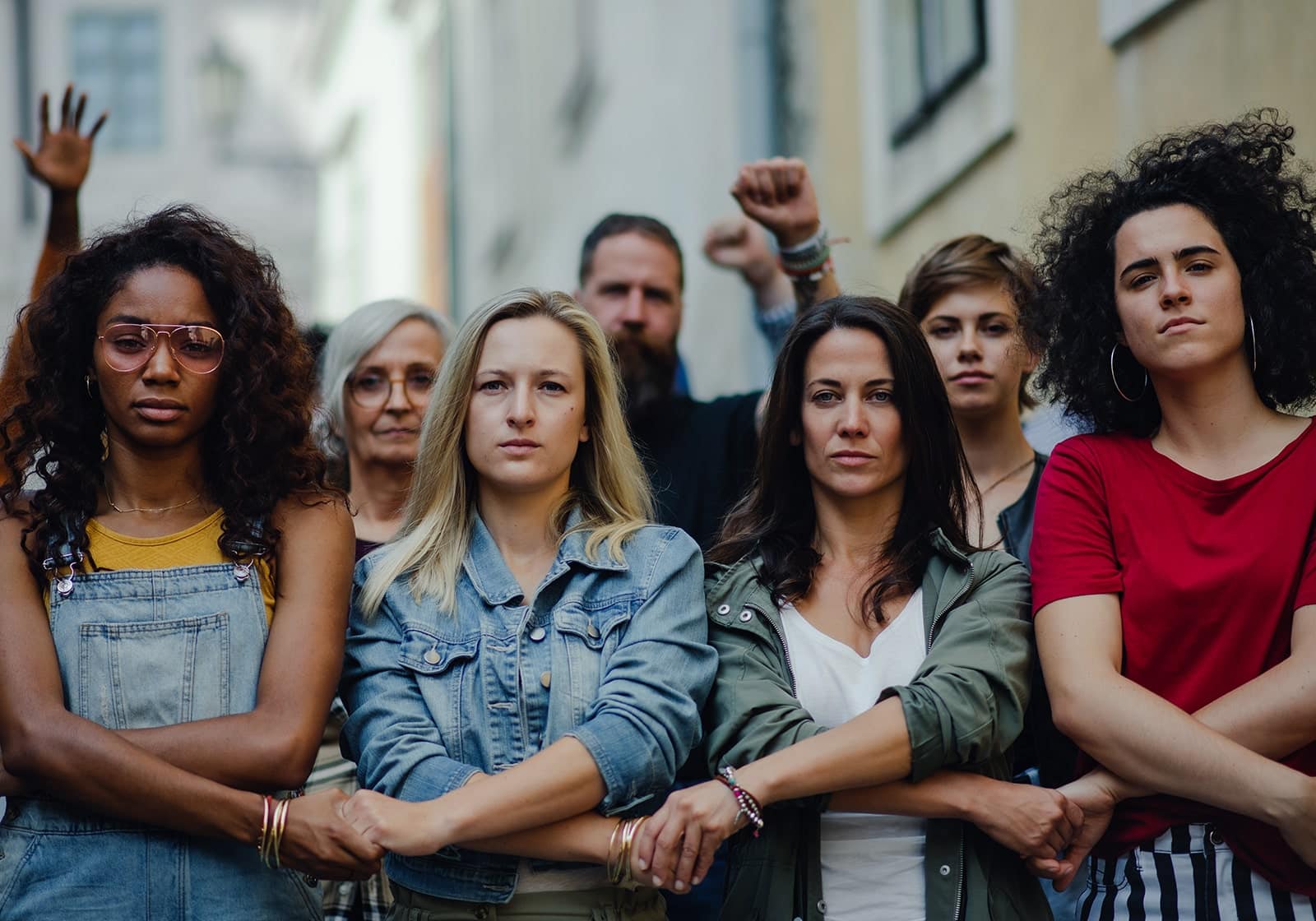
While TERF is an offensive term to those with gender-critical views, it is not representative of all feminists. Many feminists strive for inclusivity and understanding across different perspectives on gender.
18. Feminists Ignore Men’s Issues

Many feminists acknowledge that patriarchy can also negatively affect men, such as stigmatizing male vulnerability or enforcing harmful masculine norms.
19. Feminists Think Women Are Better Than Men

The goal of feminism is not female superiority but equality, where all genders have equal opportunities and rights.
20. Feminists Can’t Take a Joke

This stereotype is often used to dismiss feminist perspectives as overly sensitive or humorless, undermining legitimate criticisms of cultural practices that perpetuate sexism.
Breaking Down Barriers

Addressing and debunking these stereotypes is crucial for advancing the understanding and impact of feminism. How will you help reshape the narrative around feminism in your community?
The post Breaking Stereotypes: Correcting 20 Misconceptions About Feminism first appeared on Not Your Boss Babe.
Featured Image Credit: Shutterstock / Krakenimages.com.
The content of this article is for informational purposes only and does not constitute or replace professional financial advice.
For transparency, this content was partly developed with AI assistance and carefully curated by an experienced editor to be informative and ensure accuracy.





Leave a Reply